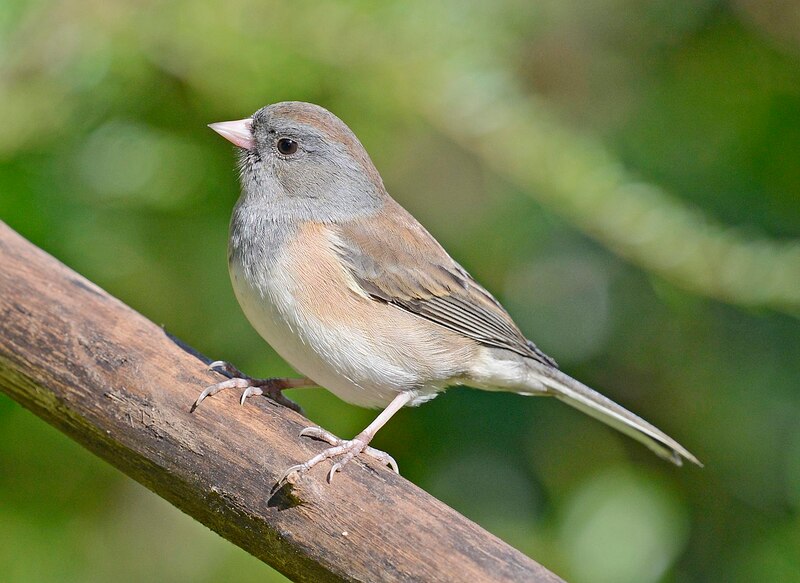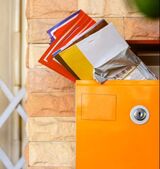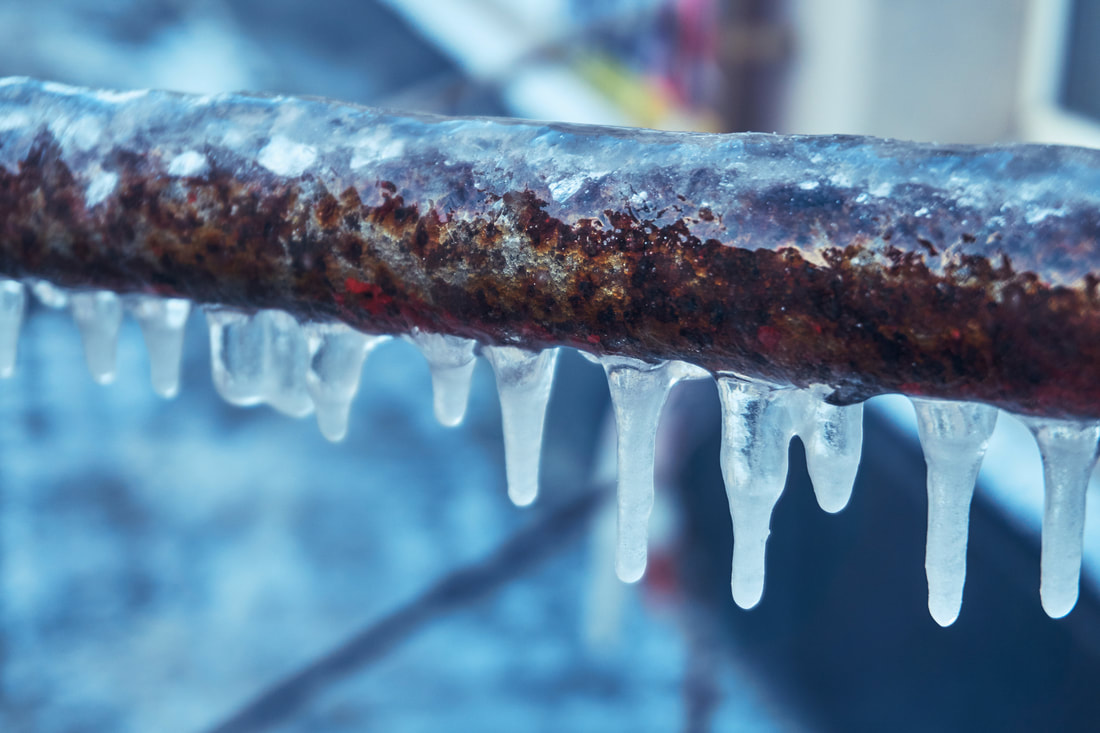|
Is it a bird? Is it a plane? NO!!! It's the happy chap on the beach, of course! Although I do rather like the other two types of snowbird (a Canadair CT-114 Tutor and a Dark-Eyed Junco), it's the flightless Canadian sun-worshipping retiree I'll be focusing on in this post, discussing the whys of having someone visit your home regularly while you are away, whether it be a professional, a relative, a friend or a neighbour. As you'll see, it's important that the details are arranged with whomever you choose well before you depart for sunnier climes in order to relieve many of the worries of being away for a long period of time, and while it may seem obvious to call on a family member, there are some very good reasons that hiring a professional to do the job will be a much wiser option. If you are an old hand at this travelling south business, you will know already that making preparations for the trip is almost a full time job in itself. Lucky you're already retired! On the other hand, if this is your first time, you may be in for a shock. There's no need to panic (as The Hitchhiker's Guide to the Galaxy wisely advises), but there is a need to be highly organized. The number of things to "check off" is daunting, and includes items such as managing travel medical insurance, medicines and prescriptions, vaccinations, making travel plans, arranging pet care, carrying out home maintenance and security, snow removal, vehicle maintenance, finances, documentation, et cetera, et cetera, et cetera ... (King of Siam. Don't ask) The CSA's Travellers' Checklist (at time of writing on its 5th edition), is a comprehensive to do list that pretty much covers it all, but there are many other such lists on the internet if you care to search for them. You will find most, if not all, recommend ensuring a reliable person visits your home regularly because if you don't, winterizing your home becomes far more complicated and far more worrisome. Not having peace of mind that you will come back to your home just the way you left it may well put a dampener on your fun in the sun, and play havoc with your short game. This article from travellers.com takes a laser focus at what's needed to winterize your home while you're away. It is extremely detailed. Let's look at a couple of the key points and how having someone visit regularly can help.
If you want to receive your mail at your winter address, then you can have it forwarded by Canada Post. The service costs around $100 for three months if you're travelling across the border, which is the minimum you can purchase. After that it's an additional $35 or so per month. The question is, do you really want all your mail forwarded when you're lying on the beach or playing a round of golf, trying to forget things like mail for a while? If not, then you need someone to regularly collect your mail for you, perhaps organize it (get rid of all the junk mail), and forward anything specific to your new home from home (like that parcel for Christmas you ordered at the last minute). On a par with keeping a full mailbox to announce your home is now empty and ready to be ransacked is the pristine layer upon pristine layer of untouched snow blanketing your path, driveway and car. A snow removal service including paths will typically range from $1000 to $2000 depending on your situation, and even then your snow covered vehicle will still announce to all concerned (not in the right way) that you are conspicuously absent. Not only that, but even once your snow is clear, you also have to be cautious of the safety of others who amble onto your property from time to time, for fear of ending up being sued for a broken arm or two. Indeed, you could end up paying damages to the person whose only intent was to rob you in the first place! Coupled with these two huge indicators that you are away are other small things that all contribute to the bigger picture - lights on the same on/off cycle, unmoving curtains, a full answering machine, and a distinct lack of curbside garbage. And one more thing on the topic of the unoccupied home. Don't announce that you're away on social media. It may seem obvious, but sometimes those holiday restaurant snaps are too hard to resist. Nefarious individuals are much cleverer than you or I at trawling the internet for clues, and showing a picture of you and your loved one in front of the temple-pyramid of El Castillo in Chichen Itza with the caption "Maya we have 6 months of beautiful sunshine", while hilariously witty, is not the most difficult clue to decipher. Do yourself a favour, and take a well earned break from it all. It'll (probably) still be there when you return home again. It is fairly simple to prevent pipes freezing and bursting when they thaw. All you have to do is leave your house at the recommended 16°C, drain external pipes and hoses, and leave a slow trickle of water running through the system. That's the great part about the laws of physics; at least they are consistent. We know this tried and tested routine will work like a charm ... until the same laws of physics result in your home heating system failing, or, as we have just experienced in Ottawa after a vicious storm (termed a derecho no less - look it up if you want), a lengthy power outage. Then things can get a bit iffy. It is even worse if you have set your thermostat to the minimum recommended temperature since there are now only a few hours until the ice hits the fan, or rather, the pipes. And burst pipes are the worst home catastrophe you can experience with the exception of fire. Possible solutions are to drain your pipes entirely before you leave which sounds easy but isn't (hire a plumber), leave the heat up high enough at additional expense (but how high is high enough?), or install a fancy monitoring system including leak, temperature and flow detectors (which may not be much good when the power goes out). It goes without saying, but I'll say it anyway, that you should perform regular (professional) maintenance on your home heating and plumbing systems to give them the best chance of keeping the laws of physics on your side. It also should be obvious that having someone reliable visit your home frequently (a few times a week at minimum, if not once a day), while providing reassuring updates, and who is there should the worst happen is an option that will guarantee you a peaceful slumber under the Mexican stars. Not having someone enter your home every now and again means more chance of critters, the possibility of mold or mildew, higher risk of intrusion, increased probability of system failure, and smaller issues turning into much bigger ones. But the biggest thing of all, and the final word on the matter is this: Check what your insurance requirements are. Because should anything go wrong and you have not met your insurance obligations for having someone come into your house, you are **** out of luck. They simply will. not. pay. Insurance companies are extremely clever at statistics - they know that if someone visits the house frequently, the chances of any of the above situations occurring are reduced significantly. They are also extremely good at finding out if you didn't do what the policy says you MUST do. Because statistically, you then made yourself a liability. And that's not a pleasant place to be. All this adds up to a lot of risk. Are you going to put that burden on a family member, friend or a neighbour? Are you even going to find someone who is not only free for the entire time, but also who is reliable enough to make sure it all gets done (especially when there's nothing in it for them)? Hiring a professional (at a reasonable price) relieves much if not all of the worry. Even if you forget something entirely, or need something checked or sent your way, a reliable professional is there for you. Frequent updates will keep your anxiety in check and allow you to kick back, relax, and sink that 20 footer like The Great One. In conclusion for today's blog post : get in touch. I promise you won't regret it. Unless of course you don't like dodgy senses of humour, then there might be a little twang of remorse.
0 Comments
"We owe it to ourselves to be better citizens." As Canadian citizens, we are protected by the Canadian Charter of Rights and Freedoms, which allows us to live in a free and democratic society. Along with these rights and freedoms, however, come certain responsibilities, one of which is helping others in the community. The Government of Canada website has this to say on the subject: “Millions of volunteers freely donate their time to help others without pay—helping people in need, assisting at your child’s school, volunteering at a food bank or other charity, or encouraging newcomers to integrate. Volunteering is an excellent way to gain useful skills and develop friends and contacts.” I know this because, although not born in Canada, I have been through the process of ‘naturalization’ (don’t worry, it wasn’t painful). A few years ago I was honoured to be accepted as one of your own - despite my preference for driving on the left - and in turn now have two of my own who think I speak funny and mock me for drinking excessive amounts of tea. During the citizenship ceremony I was thus reminded that as a Canadian citizen, in exchange for my rights, I have a responsibility to be an active member of my community (how those who have not been through the naturalization process know this I am not sure; perhaps it is assumed to be common sense?). I remember it well because I was very proud that I was entering into a society that places so much emphasis on ‘paying it forward’. There were about sixty people in the ceremony that day, and each year about two hundred thousand more immigrants like me are granted the privilege of Canadian citizenship. And yet so often, when ferrying the entourage between scouting events, baseball games, school barbecues and charity fundraisers, it is the same people in charge, taking fees, cooking burgers and setting up tents. It is no secret that in today’s self indulgent society, full of personal gadgetry, we are becoming more secluded and less social. The community, in essence, is struggling to survive, and is being propped up by a minority who give their time freely and without any expectation. " ... as a Canadian citizen, in exchange for my rights, I have a responsibility to be an active member of my community ..." Some spiritual leaders suggest that the keys to happiness include doing things for others and connecting with the people and world around us. None align with the principle that personal contentment resides within our ‘My-phones’ and ‘My-pads’. This is not a guilt trip; there is a time and a place for everything. But it is important for our own well-being that we try as hard as we can to do some small thing, anything, to help strengthen our community and build our own sense of self worth; spend a few hours picking up litter, help an elderly neighbour rake the leaves, volunteer for a local service. Even such a simple thing as looking up and saying ‘hi’ to a passer-by can make a difference.
Often though, and I myself know it all too well (for I am no saint), it is the first step that is so very hard. Moving out of your comfort zone requires a monumental effort, and preparing to do anything out of the ordinary is a burden better put off until tomorrow – we are, by nature, animals who prefer the path of least resistance (coined ‘The Principle of Least Effort’). Why waste valuable resources needed for survival on pursuits that instinctively gain us nothing? Personally, I prefer sitting on the couch watching golf (sorry, I mean conserving energy) rather than going for a run or preparing a soccer coaching plan. But once the ball starts rolling, it is much easier to keep it rolling, and once it begins to roll collectively, we will reap the benefits in so many ways, ironically not the least of which will be a selfish sense of fulfillment which will add to the ball’s momentum. Other benefits include meeting new people, having things to look forward to, and the feeling of being part of a bigger picture (otherwise, what is the point of all this?). In turn, our communities will become safer, happier places because more of us will be aware of our surroundings and the individuals, families and children within them. If you already contribute to the community, those within it (my family and I included) thank you from the bottom of our hearts for the effort you put in. If you feel you could do more, why not take some time to sit down and think where you could contribute, be it at your child’s evening activity (perfect if you don’t have much time) or somewhere else - www.volunteerottawa.ca is a great place to start. Everyone needs to pay it forward in a small way. Don’t do it because the government says you should do it; do it for your own benefit. We owe it to ourselves to be better citizens. |
Will H.“A house is made of bricks and beams. A home is made of hopes and dreams." Archives
August 2023
Categories |








 RSS Feed
RSS Feed